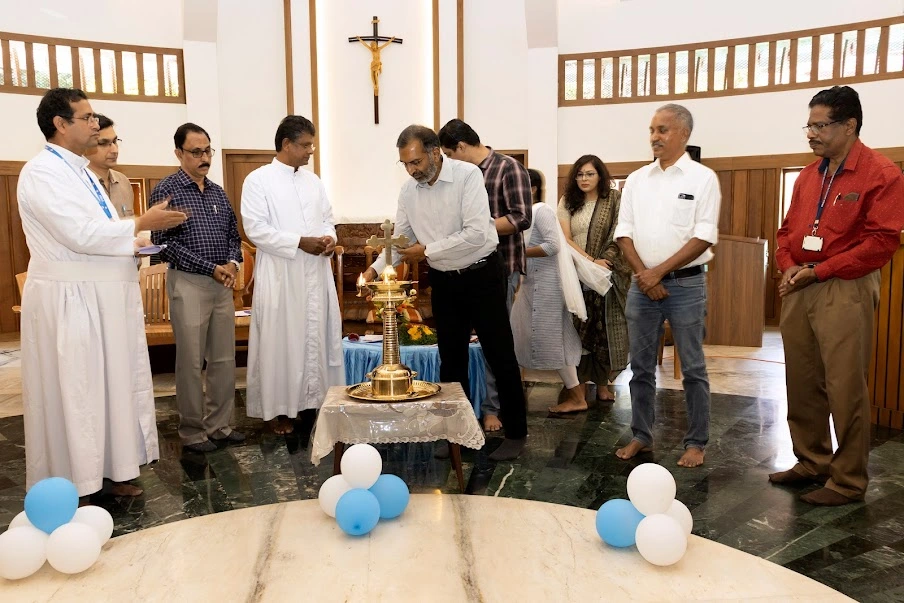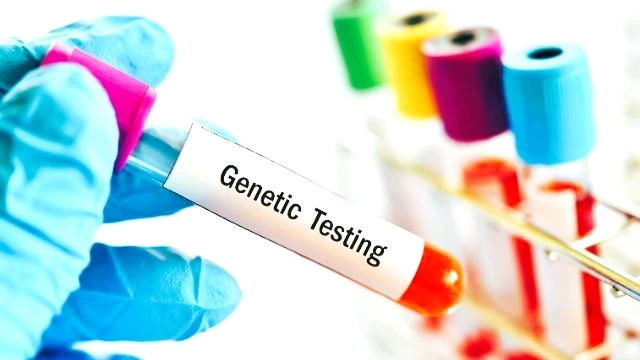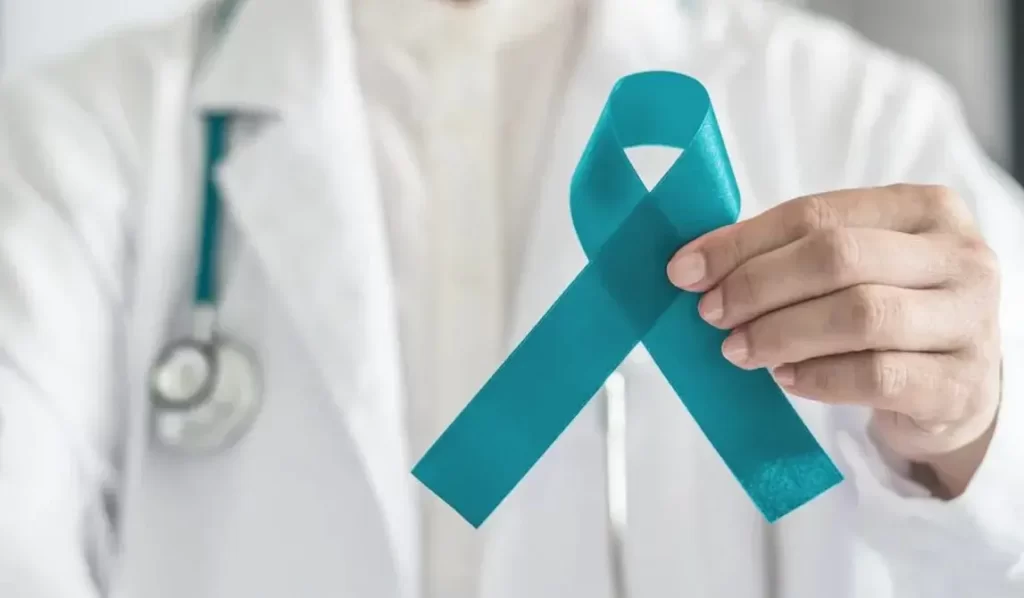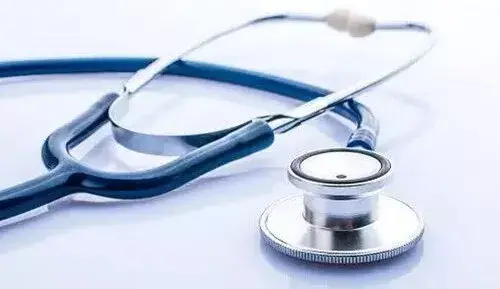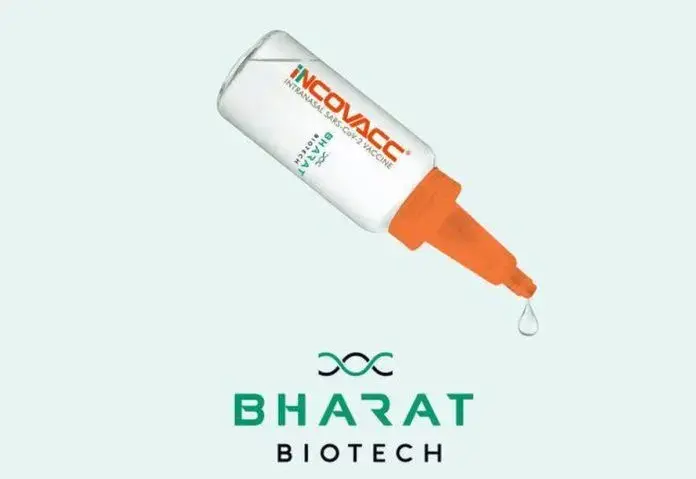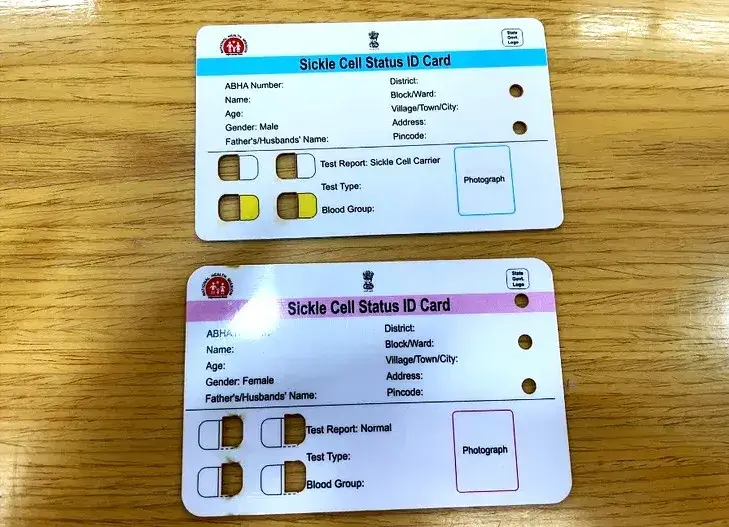Basal cell carcinoma and squamous cell carcinoma, jointly known as keratinocyte carcinoma and the most prevalent types of cancer diagnosed in the United States, are likely to be preventable with simple laser skin treatments, according to new research. The work was undertaken by a team of researchers from Massachusetts General Hospital, a founding member of Mass General Brigham. It provides an approach to safeguarding people’s skin health that is simple to execute and was published in Dermatologic Surgery. In contrast to ablative fractional lasers, which remove the top layer of skin after treatment, nonablative fractional lasers (NAFL) deliver heat in a fractional manner, leaving the skin completely intact after treatment. They are currently used to treat scars, age spots, sun-damaged skin, and other conditions; however, it is unknown whether or not they are effective at preventing skin damage. The Mass General Dermatology Laser & Cosmetic Center’s Mathew Avram, MD, JD, and his team looked at patients who had previously undergone successful treatment for facial keratinocyte carcinoma as a way to learn more. After 3 years, these patients have a 35% chance of developing a second keratinocyte carcinoma, and in 5 years, they have a 50% chance. In the study, 52 patients served as controls and did not get NAFL therapy, whereas 43 patients received this treatment. Over an average follow-up of more than 6 years, the rate of subsequent facial keratinocyte carcinoma development was 20.9% in patients treated with NAFL and 40.4% in controls, showing that patients receiving NAFL had about a 50% lower risk. Control patients had a 2.65-times higher risk of developing a new facial keratinocyte carcinoma than NAFL-treated patients, even after accounting for age, gender, and skin type. Moreover, in patients treated with NAFL compared to untreated patients, the time to development of a face keratinocyte carcinoma was noticeably longer. According to Avram, “These findings suggest that NAFL treatment may have an important role in protecting against subsequent keratinocyte carcinomas.” While the exact mechanism underlying NAFL’s protective action is unknown, it is hypothesised that the drug reduces the overall number of photodamaged keratinocytes while also possibly promoting a wound healing response, which favours healthy skin cells. Avram pointed out that more research is necessary to more thoroughly evaluate NAFL’s contribution to the prevention of skin cancer, to show how long its preventive effects last, and to establish the ideal treatment parameters. According to this research, patients are advised to undergo nonablative laser treatments if they are at risk or detect anomalies in order to help avoid skin cancer. Also, it’s crucial to take the right precautions to lower your chance of developing skin cancer, such as wearing sunscreen every day, wearing helmets and other sun-protective gear, and performing self-skin examinations.

